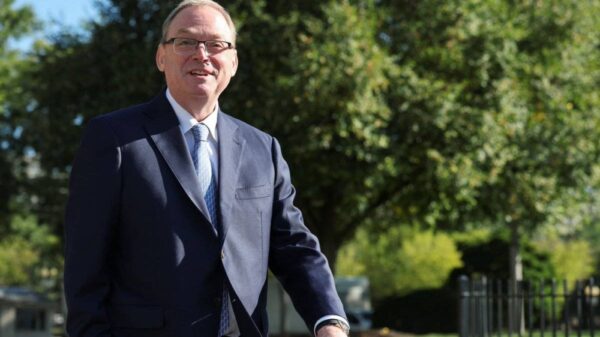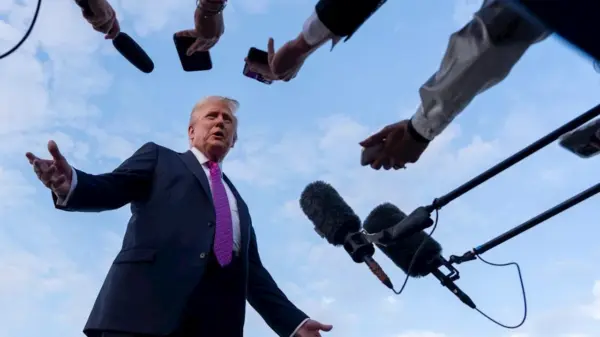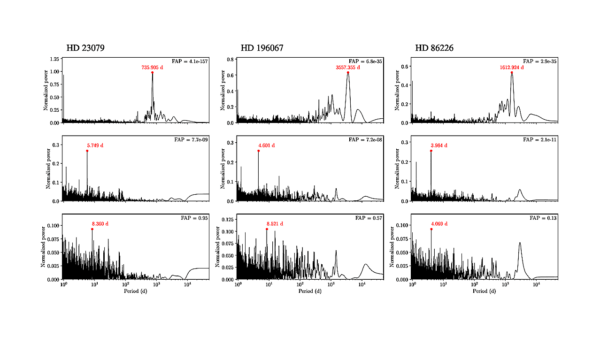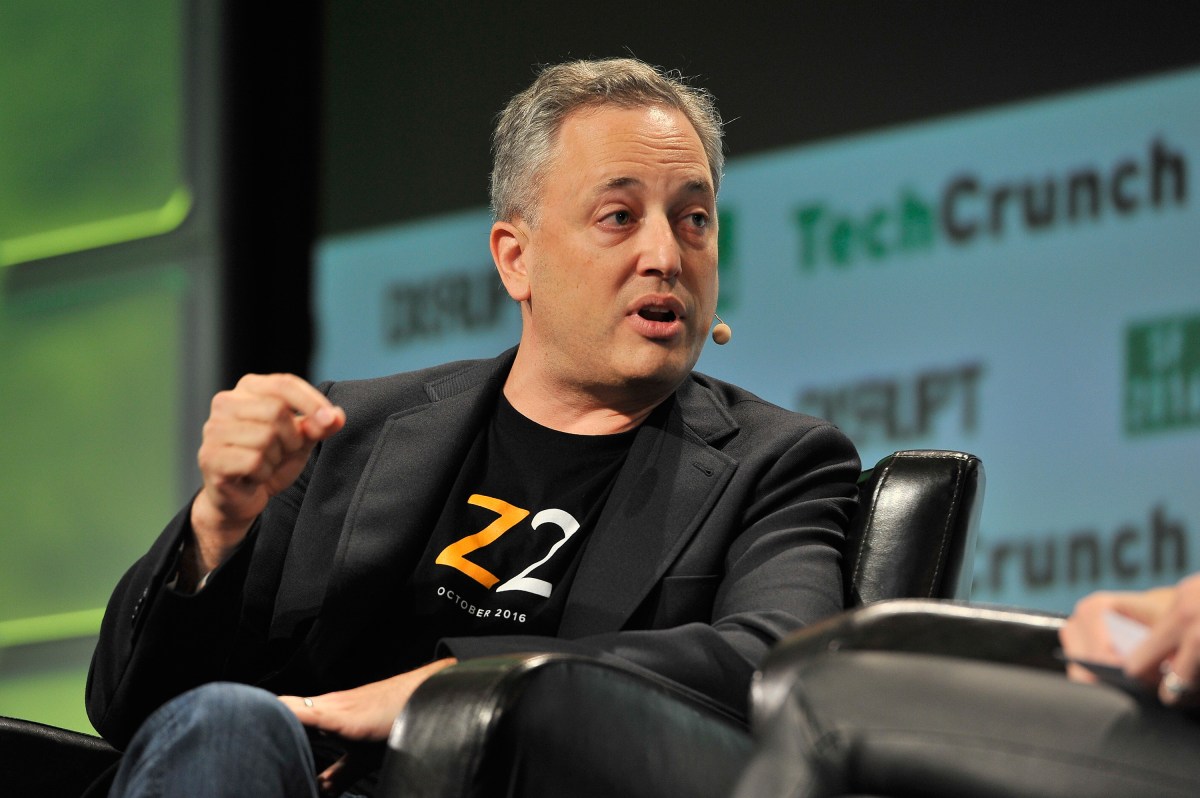UPDATE: The announcement of Vultron’s $22 million funding round has ignited urgent questions about potential conflicts of interest involving David Sacks, a key adviser in the Trump administration overseeing AI and cryptocurrency policies. Critics are alarmed by Sacks’ dual roles at Craft Ventures and his government position, raising concerns about the blurred lines between public service and private profit.
Just confirmed, Sacks has received two ethics waivers allowing him to influence federal policy while retaining financial interests in the sectors he regulates. The first waiver, issued in March, pertains to his crypto investments, while a second, issued in June, covers his AI holdings. This unprecedented arrangement is drawing fierce criticism from ethics experts.
“This is graft,” stated Kathleen Clark, a law professor specializing in government ethics. “It allows Sacks to profit while insulating him from criminal liability.”
Clark highlights that while Sacks’ stake in Craft Ventures was reported at less than 3.8% of his total assets, the actual dollar amounts remain undisclosed. The implications of this arrangement could be far-reaching, particularly given that Sacks oversees policies impacting the very companies in which he is financially invested.
The announcement from Vultron, a company creating AI tools for federal contractors, raises additional questions. Vultron claims to streamline the government contracting process, reducing proposal timelines “from weeks to days.” A source indicated that Craft Ventures’ investment predated Sacks’ appointment, yet the timing is suspect, as his policies could directly influence the company’s profitability.
Senator Elizabeth Warren has been vocal about these conflicts, previously questioning Sacks’ crypto waiver while noting that he was co-hosting a $1.5 million dinner for crypto industry leaders at the same time he was shaping federal policy. “Normally, federal law would prohibit such an explicit conflict of interest,” Warren stated in her correspondence to the Office of Government Ethics.
Sacks has brushed off Warren’s accusations, attributing them to her “pathological hatred for the crypto community.” He asserts that he divested over $200 million in digital assets before taking office to avoid any appearance of conflict.
Despite these claims, critics remain unconvinced. Clark argues that the waivers serve primarily to provide legal cover rather than genuinely address ethical concerns. “This is whitewashing,” she concluded.
Adding to the complexities, Sacks works only 130 days per year in his government role while continuing his commercial activities during his off-time. In September, he will co-host a high-profile conference through his podcast, All In, charging attendees $7,500 each.
As the landscape of cryptocurrency evolves, Sacks maintains that his focus is on developing regulatory frameworks post passage of the GENIUS Act, which aims to establish clearer definitions for digital assets. However, critics argue this new model of government service—where venture capitalists exert influence over the policies that dictate their investments—could represent a dangerous precedent.
The ongoing debate surrounding Sacks poses critical questions about the adequacy of existing ethics frameworks in managing the intersection of public service and private gain. As more details emerge, observers are left wondering whether this arrangement will become the norm for Silicon Valley’s relationship with Washington or if it will prompt future administrations to enforce stricter ethical boundaries.
For now, Sacks continues to navigate this complex duality, a situation that leaves many concerned about the potential implications for both public trust and government accountability.


































































